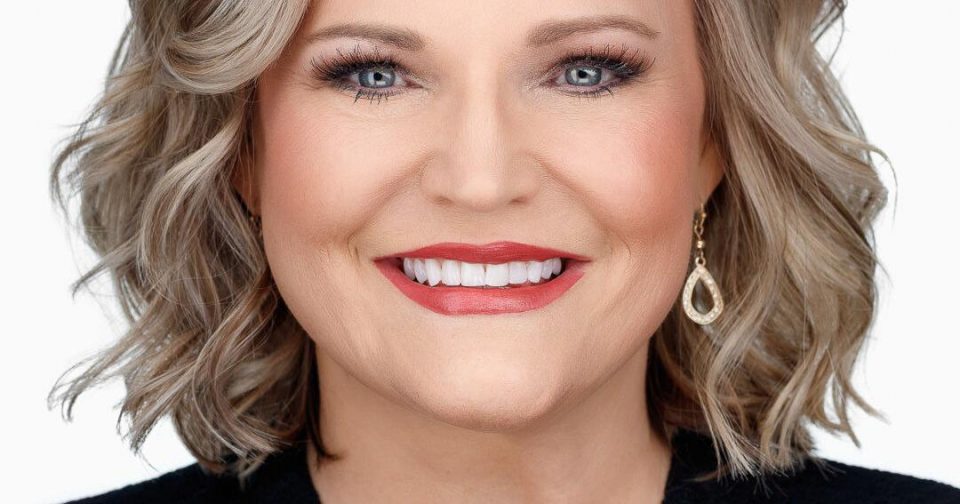Mike Van Norstrand
Jennifer Waller
For many of us, when the clock struck midnight on Dec. 31, we breathed a sigh of relief and turned the page on an extraordinary time in history. Marked by a global pandemic, quarantines, economic upheaval and natural disasters, the last two years have been nothing short of a dumpster fire.
Conversely, 2022 is a chance to look forward, reclaim hope and rebuild our economy and our communities. It’s no easy task but if we’ve learned anything since 2020, it’s that we are resilient and we are ready to rebuild. To that end, in their opening day speeches, legislators from both sides of the political aisle named an almost identical list of issue priorities: public safety, affordable housing, the rising cost of living and mental health.
These are lofty issues that require compassion, understanding, vision and time. We applaud legislators for their efforts and wish them well as they tackle these priorities and what is expected to ultimately total more than 600 bills.
With so many important issues facing our state, why delve into an issue that will ultimately cause more problems and put taxpayer funds at risk? Potential legislation is now in the works that would blur the lines between credit unions and banks.
At issue is the financial security and stability of public funds which are safeguarded by Colorado’s banks. Credit unions want to take taxpayer deposits without the responsibilities for managing these important resources such as paying income taxes themselves. Banks contribute to Colorado through income taxes and other investments. Allowing credit unions to hold public funds increases an already inequitable business environment.
Perhaps even more important to taxpayers, banks must adhere to a regulatory framework that protects and secures your money. Our public funds deserve the highest level of safety and security and that can only be achieved by a bank.
Equally important, banks must comply with the Community Reinvestment Act (CRA), which mandates investment in local communities through low-to-moderate income loans, making banks strong partners in the communities in which they operate. There are countless examples of banks hosting food banks, providing relief to victims of wildfire, supporting local schools, and giving generously where there is a need. Credit unions have no such mandate or CRA equivalent.
Also of note, banks in Colorado do 98% of the agriculture lending in the state. Taking public funds from banks which would otherwise be used to fund those vital economic lifelines would be extremely detrimental. Banks invest in Colorado and that money stays in Colorado.
Finally, depositors in credit unions are members. Allowing governments to hold interests in private entities is not good or fair public policy.
In other words, if it ain’t broke, don’t fix it. There are 130 banks authorized to do business in Colorado with more than 1,400 branches in all four corners of the state providing consumers with choices, support and security. Let’s not make changes to the proven functionality of an industry that would upend the playing field, put public funds at risk and curtail local economic investment.
Mike Van Norstrand is the executive director of the Independent Bankers of Colorado. Jenifer Waller is the president and CEO of the Colorado Bankers Association.


